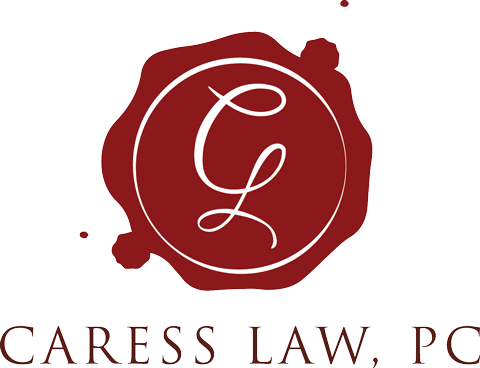A staggering fact is that about 60% of adults do not have a valid will in place. Although this statistic seems frightening, it is helpful to know. The first step towards solving any problem is knowing you have one. Therefore, you must realize that you need to protect yourself and your loved ones by becoming educated about estate planning documents. Once you do this, you’ll be able to determine which documents are right for your situation. Establishing both a living will and a last will is a great place to start.
What is a living will?
This is primarily used to set up medical directives in the event you become incapacitated and are unable to speak for yourself. If you end up in a coma during your lifetime, you need a living will to determine things like whether you want to be on life support or not, and in doing this your loved ones don’t have to make very difficult decisions. By creating a living will, you are giving a guide to doctors, providing closure for loved ones, preventing conflict between family members, and limiting the emotional burden placed on members of your family during a difficult time. An important note is that you must be of sound mind to create a living will, so it is imperative to protect yourself before it’s too late.
What are the differences between the two types of wills?
A living will and a last will are different documents. A last will and testament does not include an advanced care directive. A living will deals with matters while you’re alive but incapacitated, and a last will distributes assets after you’re gone. A common misconception is believing you don’t have enough assets to warrant an estate plan, however, in the absence of a last will, the state will determine what happens to your property and assets, robbing you from having a say in the decision making. The importance of writing a living will and last will—at the very least—cannot be underestimated when it comes to putting together your wishes when you cannot speak for yourself due to incapacity or death.
Should I have a last will or a trust?
Writing a last will is a great option that provides advantages to both couples and single individuals. Last wills and trusts create the same end result after your death. However, the difference between last wills and trusts is the path that’s traveled to get there immediately after death. With a last will, you’re going through probate court. Powers of attorney work very well while you’re alive, but in order to allow your agent access to transfer your assets after you die, probate is necessary, and expensive. If you are looking to save costs later, a last will may not be the right option, but in the short-term, it can be viable.
Can I create a last will online?
Making a last will online can cut costs, but it is always suggested to contact an estate planning attorney to make sure the last will is valid. While creating a will online is a fairly simple process, there are details that can be overlooked that would make the will you’ve created invalid.
Regardless of what estate planning documents you choose, you can rest assured that your loved ones will be protected as long as you make sure they’re updated frequently. If you have questions about what documents are right for you, contact our office today.


